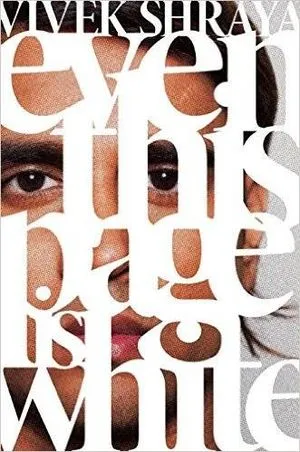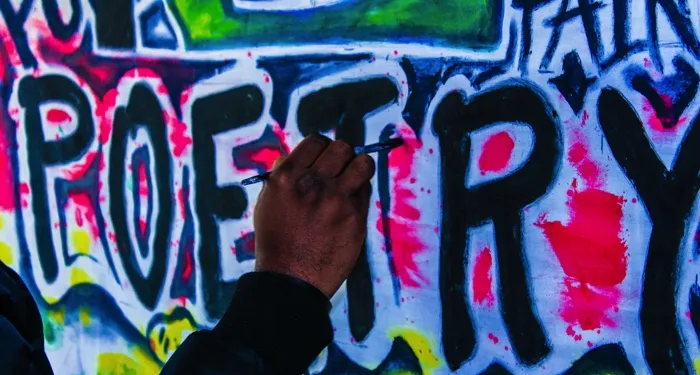
4 Poetry Collections That Break the Mold
Poetry has a long history of being the medium through which writers, who may be denied access to ‘elite’ literary spaces as a result of prejudice, can speak up and challenge readers’ understandings of language, formatting, and how the space on a page can be transformed. This can also demonstrate a radical act of resisting colonial expectations of language and writing, and is overall absolutely fascinating and galvanizing. Read on to discover poetry that will challenge you – and the conventions we have become so dependent on – to reconstruct a new perspective on the world and writing.
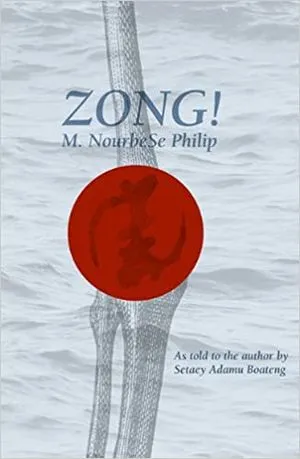
Zong! by M. NourbeSe Philip
A groundbreaking, extended poem that ponders how we can tell a story from scraps, and who is responsible for the telling. Only using the words available in a legal transcript that documents the consequences of the Zong massacre (1781), in which slaves were thrown overboard a colonial British ship in a bid to secure insurance money, this book explores the ways in which gaps and pauses can perhaps be louder than text, and grapples with the ethics of reimagining an event that has no eyewitnesses or survivors. This is an incredibly difficult read, not just because of the dehumanising subject matter, but also due to the ways in which Philip fractures language to its barest phonemes in an attempt to find the voices of the dead. Stunning, mind-bending, and sobering, this book is a fantastic example of the transient nature of poetry, scraping together a perspective of history that has long been buried, erased, and drowned.
Even This Page is White by Vivek Shraya
A thought-provoking and innovative collection of poems about racial identity, gender identity, and cultural identity, Shraya’s use of space provides an engaging example of how contemporary poetry can not only tell a tale with language, but with the position of the text itself. The poems in this collection are gorgeous, moving appeals for solidarity within the self, which is reflected in the physical aspects of the book’s design. As the title suggests, these poems not only trap the modulation and emotion of speech within the writing but also the space it takes up, or struggles to, creating a dynamic attack against colonial expectations and systems of oppression.
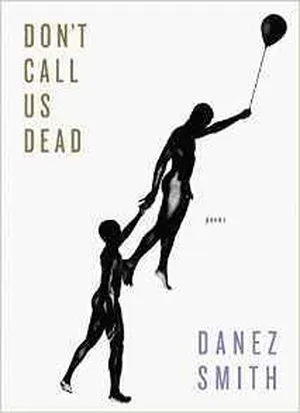
Don’t Call Us Dead by Danez Smith
An elegant and visceral collection, Smith’s work is guaranteed to have you tearing up in a Starbucks (not that…that happened to me…) upon realising that nothing will ever speak to you in the way ‘Litany With Blood All Over’ did. This collection discusses a host of topics such as queerness, gender identity, HIV, love, and sex, and does so with a palpable energy that is clear on the page. Where Philip’s work fractures language and graphemes into splinters, Smith’s work is often caught in a hurricane of letters, overlapping and repeating to create an overwhelming chorus of feeling, forcing us to confront the multiple voices within the text and ourselves as one. The effect is unique; when the page is obscured, is that liberating or anxiety-inducing? Read to find out!
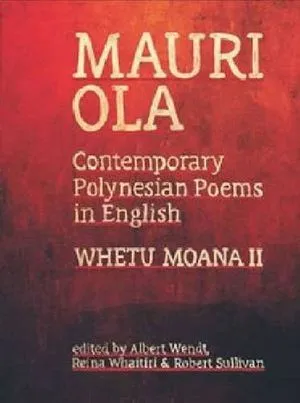
Mauri Ola: Contemporary Polynesian Poems in English Edited by Albert Wendt, Reina Whaitiri, and Robert Sullivan
Collecting over 80 voices into one anthology, this book compiles the varied experiences of Polynesian communities and individuals to create a vivid tapestry of celebrations and critiques. Discussing colonialism, the search for belonging in a world that pushes for assimilation with western standards, the reclamation of tradition and embrace of it in contemporary times, the poems within this work take on many forms to demonstrate the variety of Polynesian culture and communities. In refusing rigidity and embracing a cacophony of diverse voices, this collection defies attempts at diluting or erasing Indigenous lives and instead provides a fantastic and sweeping look into the history, present, and future of Polynesian identity from all over the world.
Looking for more poetry? Check out this list of collections that can help you meet our 2021 READ HARDER challenge of reading a poetry collection about nature or, if you like a blend of prose and poetry, maybe some of these books written in verse will be for you!



